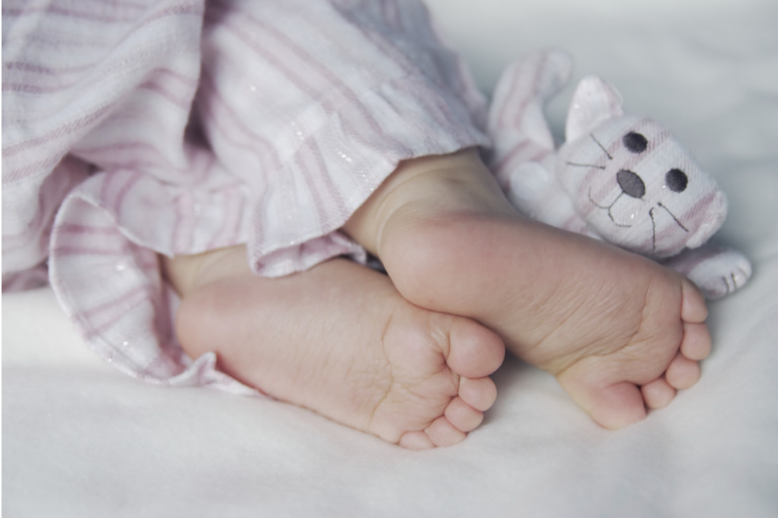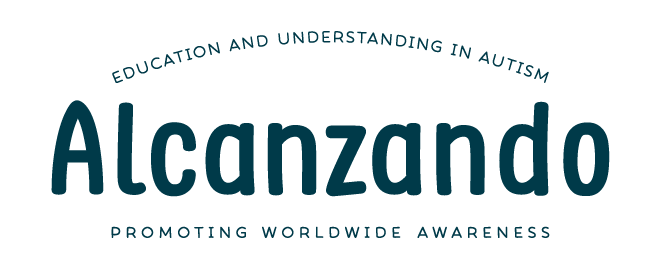
11 Mar Sleeping Issues and Autism
Sleeping Issues and Autism
Fighting sleep, waking during the night, or sleeping in too much are common, mostly harmless, issues that many children face, but not only are children with ASD, or Autism Spectrum Disorder, twice as likely to experience these issues, they’re more likely to experience these issues on such a regular basis that it has a tremendous impact on their lives.
If you’re the parent of a child with autism, you’ve likely noticed some sleep issues already.
So, let’s go over the most common sleep problems, how they affect children with ASD, and what you can do to help.
Common Sleep Issues in Children with Autism
Children with autism can experience a wide variety of sleep issues, and they’re twice as likely as other kids to have such problems.
The most common and obvious sleep issues are:
- Resisting Sleep: Children may fight to stay up for extended periods.
- Inability to Stay Asleep: Many children will wake up multiple times per night, or they might only sleep for a few hours and then wake up in the earliest hours of the morning while refusing to go back to bed.
- Issues Waking Up: Even if the child gets a full night’s sleep, they may have problems waking up on their own at an expected time.
However, some children with autism, around 25% of them with sleep issues, can experience breathing issues that need to be identified and remedied, and some will experience severe day drowsiness.
This is an extremely common symptom of ASD. In fact, it’s often one of the first signs of ASD as babies enter their toddler years and can be one of the many defining factors in an early diagnosis.
How Children with ASD are Affected by Sleep Issues
Sleep issues do have an impact on children with ASD. They can wake up extremely energetic, and they may not seem tired at all depending on the child, but the lack of a good night’s sleep can affect their daily functioning, lead to day drowsiness, and lower their ability to focus.
However, the child is not the only one typically affected by ASD-related sleep issues. Since these issues are most common in children with ASD, namely toddlers, parents and other people in the household are also greatly affected.
When the child awakes in the middle of the night, parents need to wake up and provide care as usual. If the child is fighting sleep, the parent is staying up late, too. This leads to parents suffering from the same sleep deprivation issues as the child; which impacts their ability to handle necessary daily tasks greatly.
Treating Sleep Issues in Children with ASD
Every parent wants to help their child have the highest quality of life possible, and these sleep issues can make that seem impossible at first. Luckily, multiple solutions methods will allow both children and parents to get a full, healthy night’s sleep.
First, the child’s pediatrician or specialist may suggest simple, over-the-counter melatonin supplements before bedtime. This is a low dosage, but ensure that you speak to your child’s doctor before administering anything.
As the child begins to enter therapy, most ASD therapists will begin to lay the groundwork for more natural sleep patterns, and this will continue into their at-home life.
Parents will frequently need to create sleep-friendly bedroom environments, learn and utilize positive sleep routine exercises that reinforce positive sleep habits, and focus on dietary and behavioral patterns that increase melatonin and serotonin production naturally.
Follow Your Doctor’s Guidance
These sleep issues can be difficult to deal with before your child receives an official diagnosis. However, their pediatrician can offer guidance on the proper use of supplements and routine building, and specialists will help tackle these issues once they enter the picture.
Each child with ASD is unique, just like every other individual, and the approach taken to correct improper sleep patterns will need to be customized to match each child’s individual needs.
Sources
https://www.ncbi.nlm.nih.gov/pmc/articles/PMC4770638/
https://www.spectrumnews.org/news/sleep-problems-autism-explained/

Sorry, the comment form is closed at this time.